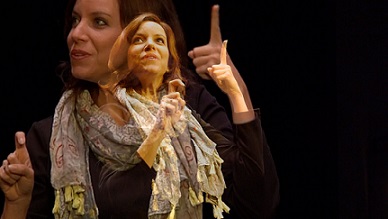Language and Jamaican Literature
DOI:
https://doi.org/10.13130/2035-7680/12462Abstract
Disrespected literatures are written in disrespected languages. Languages
are usually disrespected when the status of the people who speak them is low. In postplantation
societies the respected language is the European language brought by the
people who colonised the country. The disrespected language is usually a creole born
in the plantation environment where overseers speaking European languages and
enslaved people speaking West African languages were forced to interact. In Jamaica
the respected official language is English and the disrespected popular language is
Jamaica Creole. The languages are lexically related and so give the impression of being
closer than they are. In fact, Jamaican Creole is still regarded as “broken English” by
people who have not paid attention to the linguistic analyses which indicate a strong
structural relationship to certain West African languages. These two languages, the
official and the popular have accommodated each other in the Jamaican environment
with speaker and situation determining use. A fascinating feature of this
accommodation is the ability of the individual to switch from one language to the other
within the same speech event.
This paper hopes to illustrate how I and other Jamaican writers have infused the
formal/official language in which most of us write, with the popular language and so
have enriched the fabric that is the language in which Jamaican literature is written.
Disrespected Literatures are written in Disrespected Languages. I am from Jamaica
where the official language is Jamaican English, a respected language, and the popular
language is Jamaican Creole, commonly called Patwa, the disrespected language.
Disrespected languages are hardly given the status of “language” except by linguists.
They are called dialects or they are described as broken versions of respected languages
to which they are usually related lexically. So some people describe the Jamaican
popular language as “broken English”. I have said elsewhere that if that is what it is, it is
broken into many very small pieces. The truth is that languages gain status from their
speakers. An eminent linguist (Max Weinreich) quoting an unnamed friend, remarked
that a language is a dialect with an army and a navy. Jamaican Creole, Patwa, even if it
used the salaries of all its speakers could hardly sustain an army and a navy.




